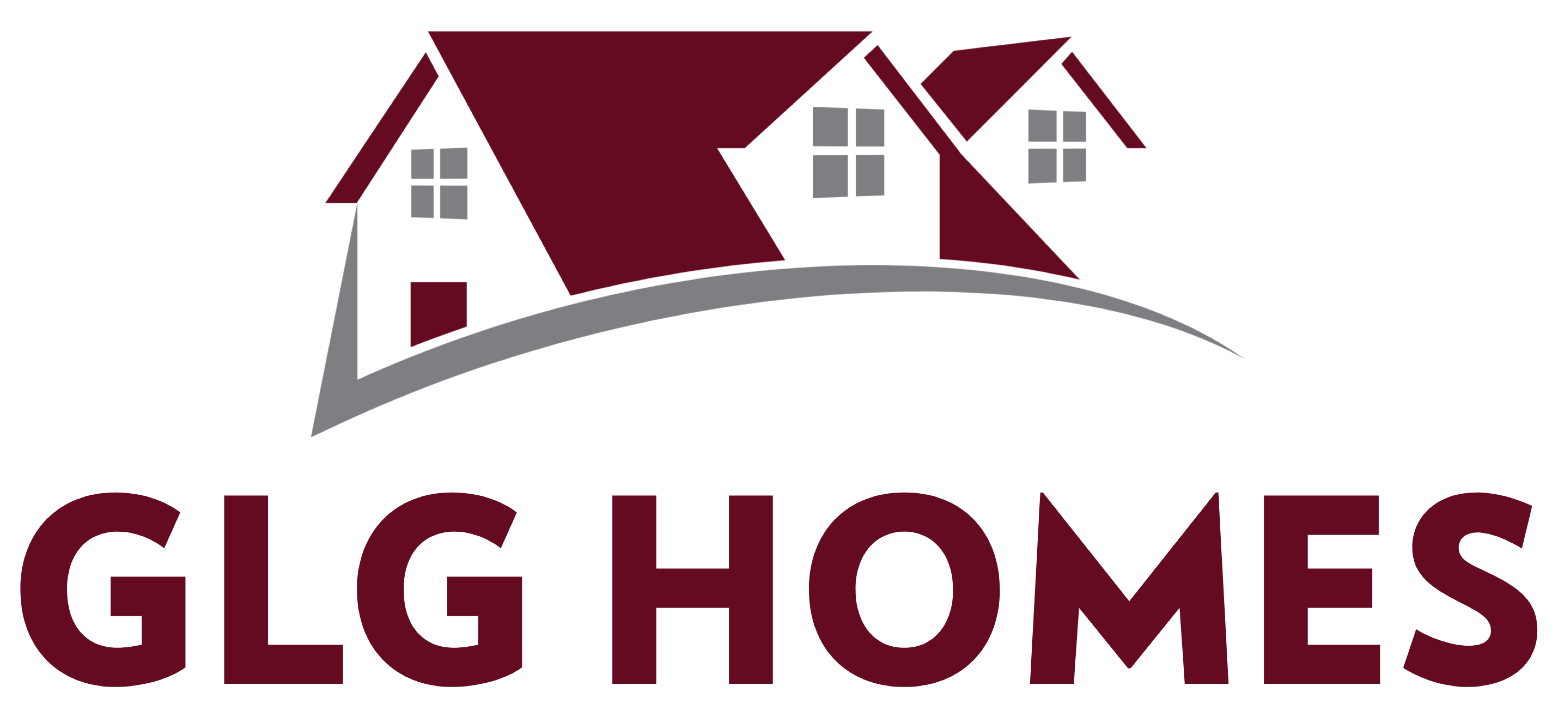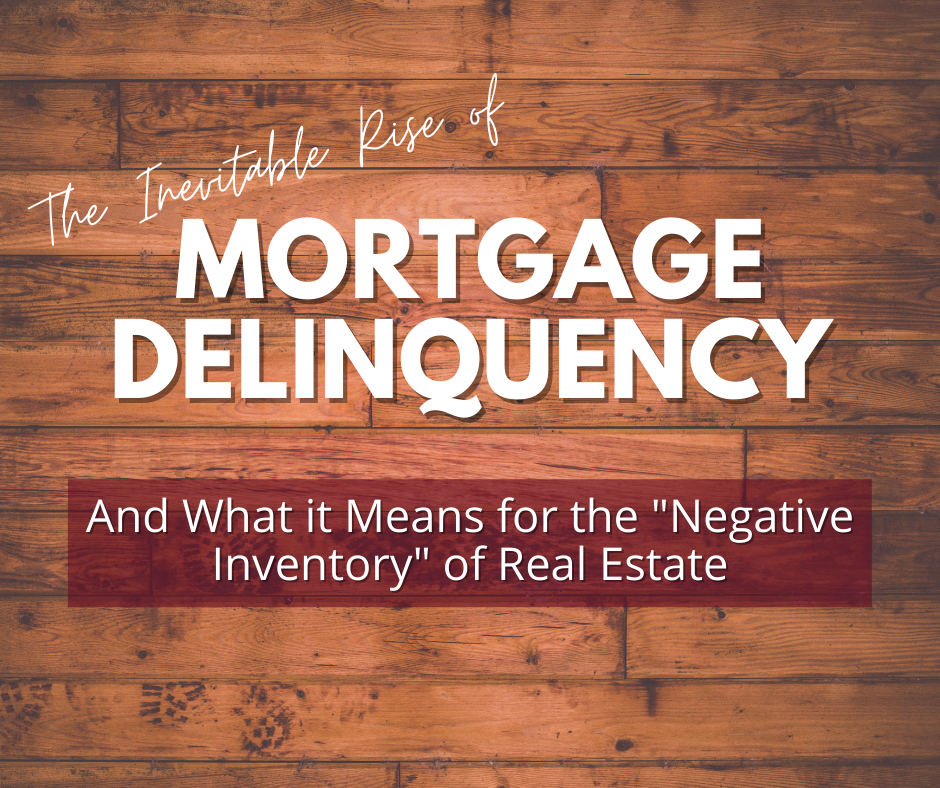As Expected Nationwide Mortgage Delinquencies are on the Rise
The COVID pandemic is still fresh on everyone’s mind and in the news. We cannot deny the affect it has had on our economy. Oddly, the real estate market has benefited during these times despite wage losses and (still) high unemployment rates. But that’s simply because of a low amount of inventory (nationwide) and a high buyer demand. But our next challenge is starting. And, in some states, it started a month or two ago. Due to wage reductions, short-term wage losses or unemployment the economy is going to feel the weight of mortgage delinquencies. And delinquencies are on the rise.
Mortgage Delinquencies in 2019 Compared to 2020
According to CoreLogic (industry standard for data collection and reporting), 2019 saw historic lows in mortgage delinquencies. Of course. Our economy was thriving. Homeownership has consistently been on the rise for years, but consumers had the strength of the economy and growth to keep their bank accounts healthy. And mortgages were paid on time. In July of 2019, 3.3% of all loans were between 0-30 days of delinquency. Compared to July of 2020, the delinquency for 0-30 days jumped to 6.6%. Another point of comparison, and more important, is the 90+ days of delinquency that are NOT in foreclosure. Granted, for 2020 there is a period that all banks were allowing mortgages to not be paid. This was a “forebearance” period. This jumped from .9% to 3.8%. This is the category of homes that are going to fall into a “negative inventory” label.
“Negative Inventory” it is Looming Foreclosure
Well, it’s not an industry. It is how we (GLG Homes) refer to the pending inventory of homes that are going to fall into foreclosure or short-sale. These homes will come on the market in 6-12 months and at lower market values. This will create a surplus of inventory, but it will bring down home sale prices. We saw a similar outcome following the 2008 housing bubble.
How to Avoid Your Home Falling into Foreclosure and the Negative Inventory
Mortgage delinquency is not the end of the world. There are options. Aside from returning to work or picking up additional income, there are ways to address falling behind on mortgage payments. In some cases, it can be addressed through debt consolidation (non-home related) to free up money to protect your mortgage payments. Or, talk to your lender and the loss mitigation team. They do not want to see your home go to short sale or foreclosure. Lenders would prefer to keep your loan intact even if it means restructuring the payments.
Need a Different Option?
Consider selling your home. Put it for sale on the MLS and pay off the debt. It may mean that, for some period of time, you have to change your housing and rent versus own – but you will avoid the stress of the payments and avoid credit disruption. But, what if your home isn’t an option for the retail market? There are still options to both save your credit and, in some cases, walk away with cash in your pocket.
Contact us today and we’ll explain all of your options. Sell Your Home Stress Free
g.

